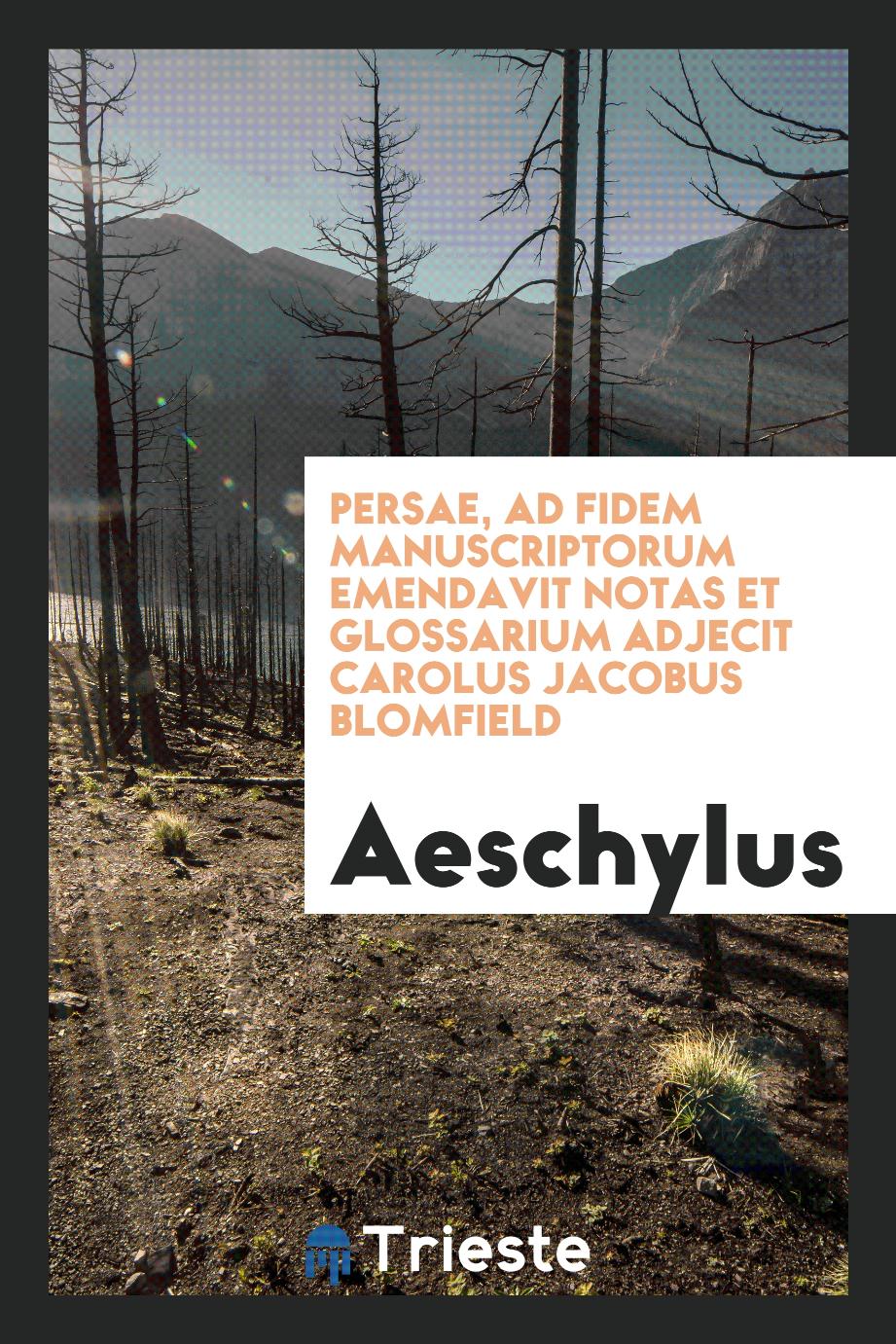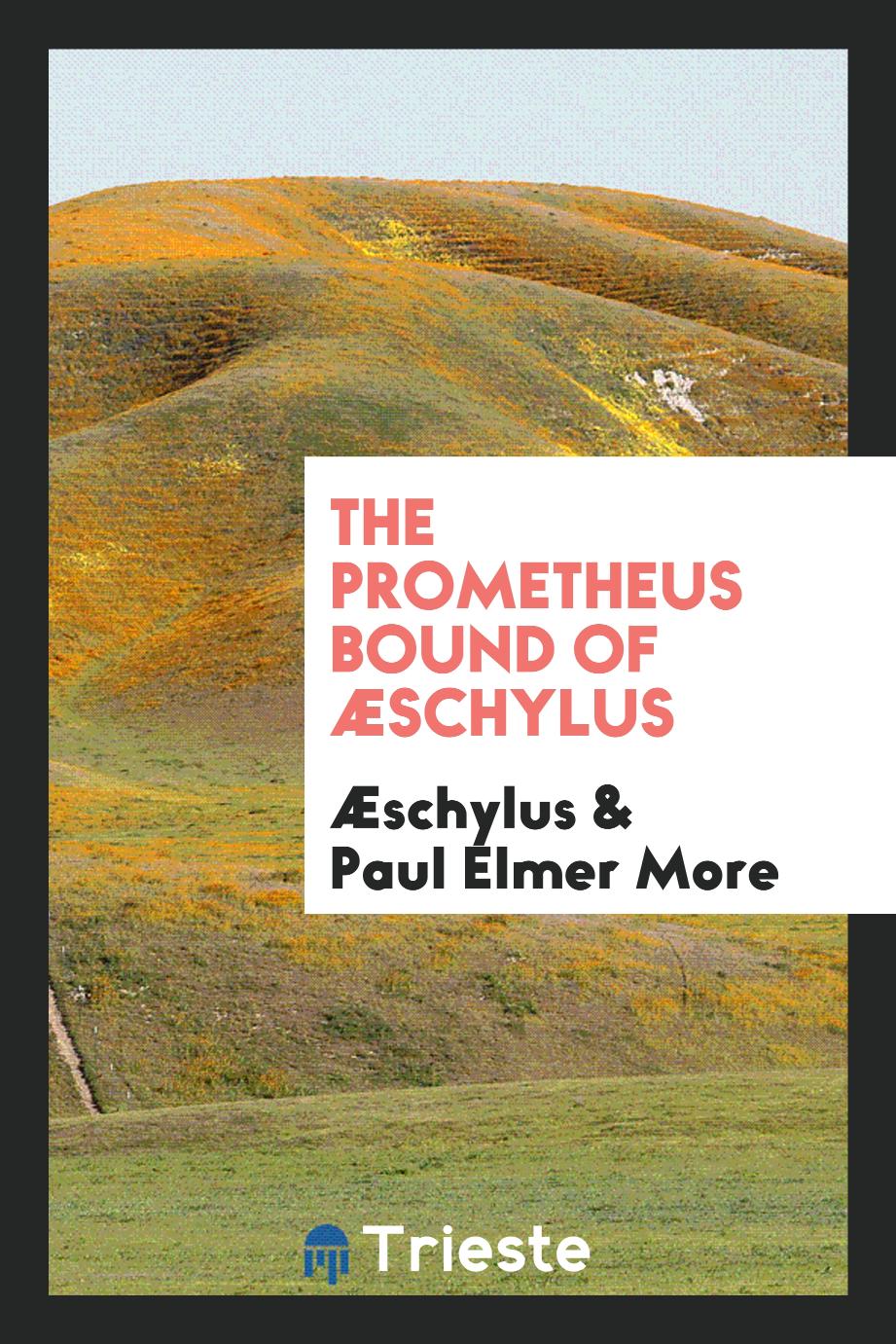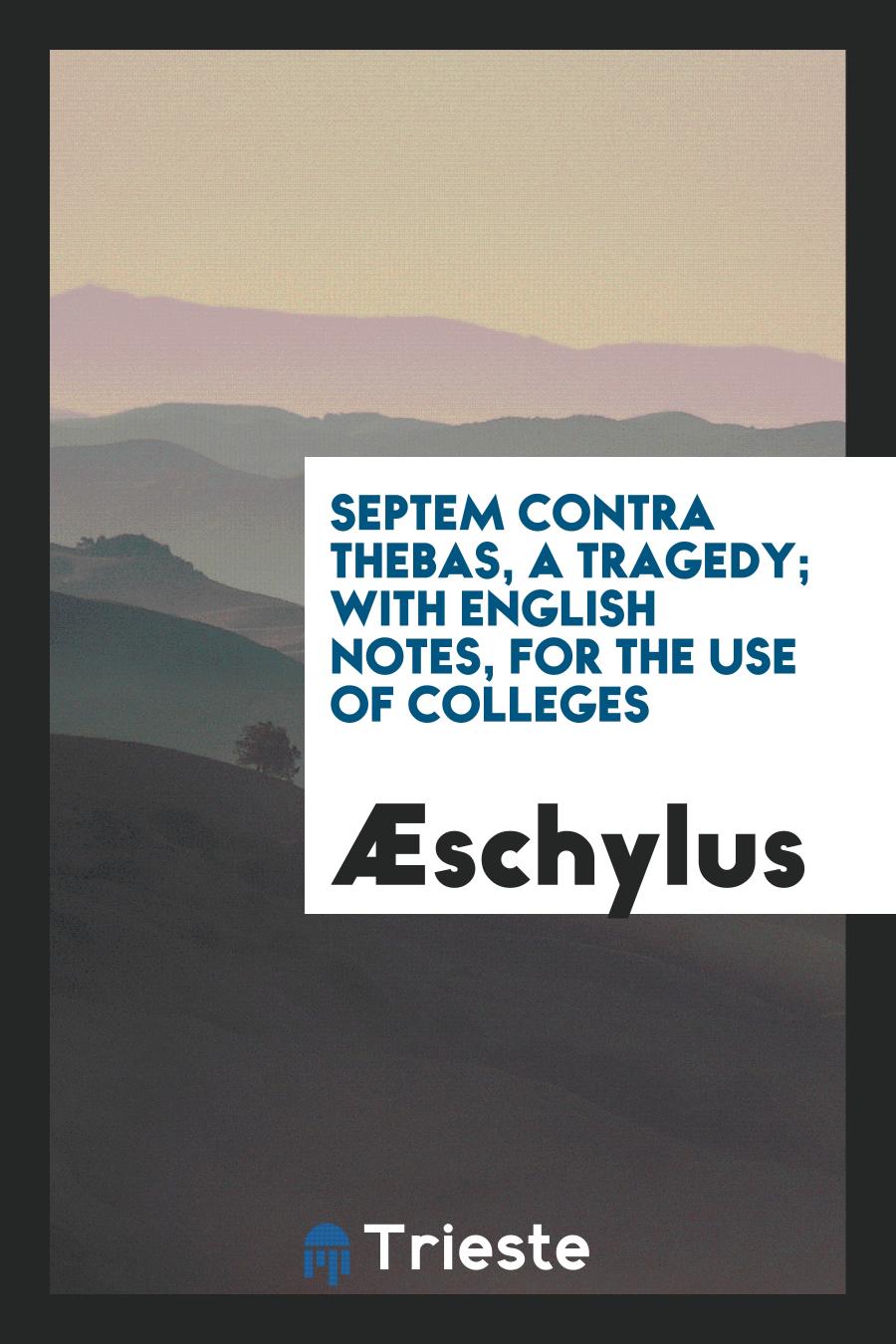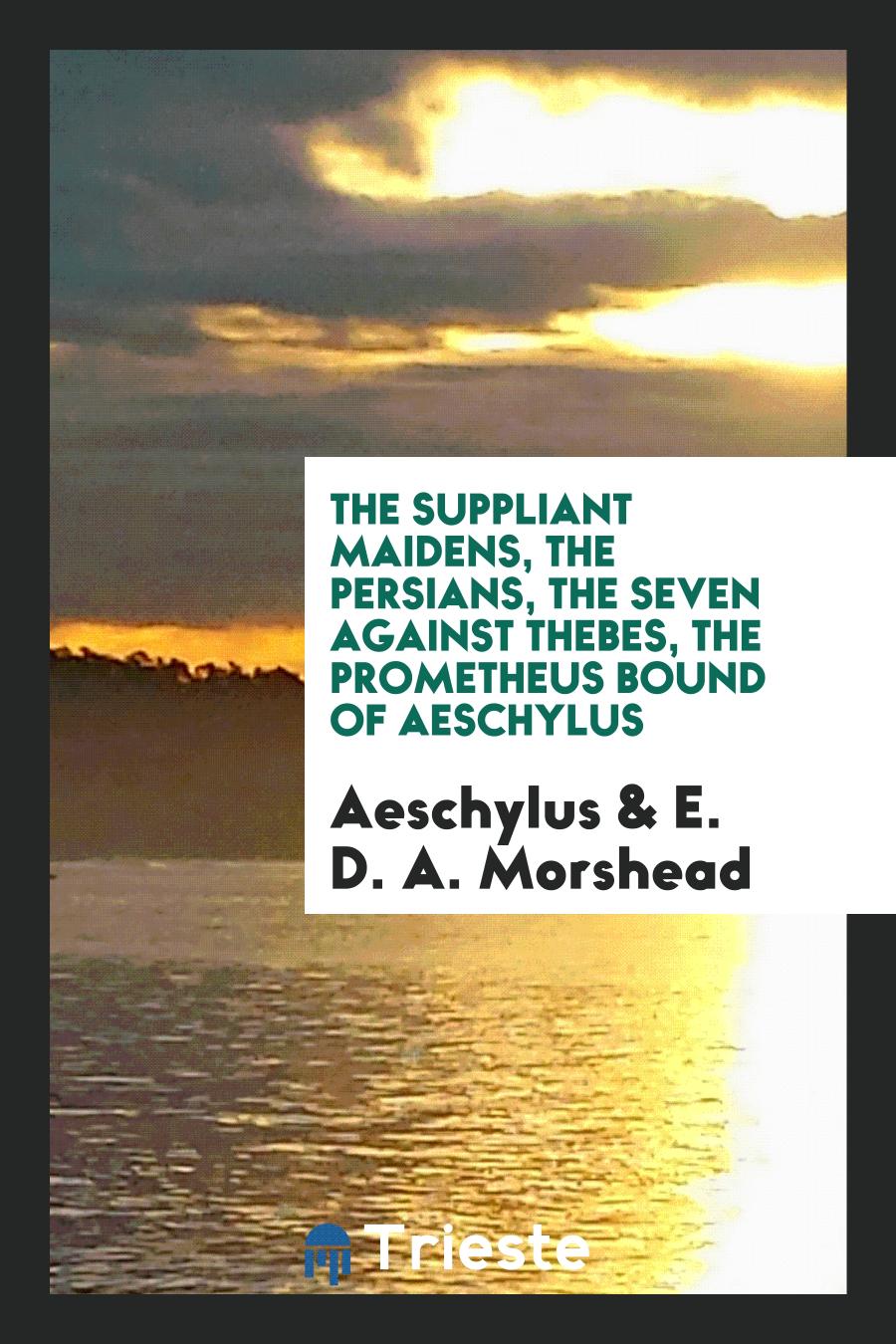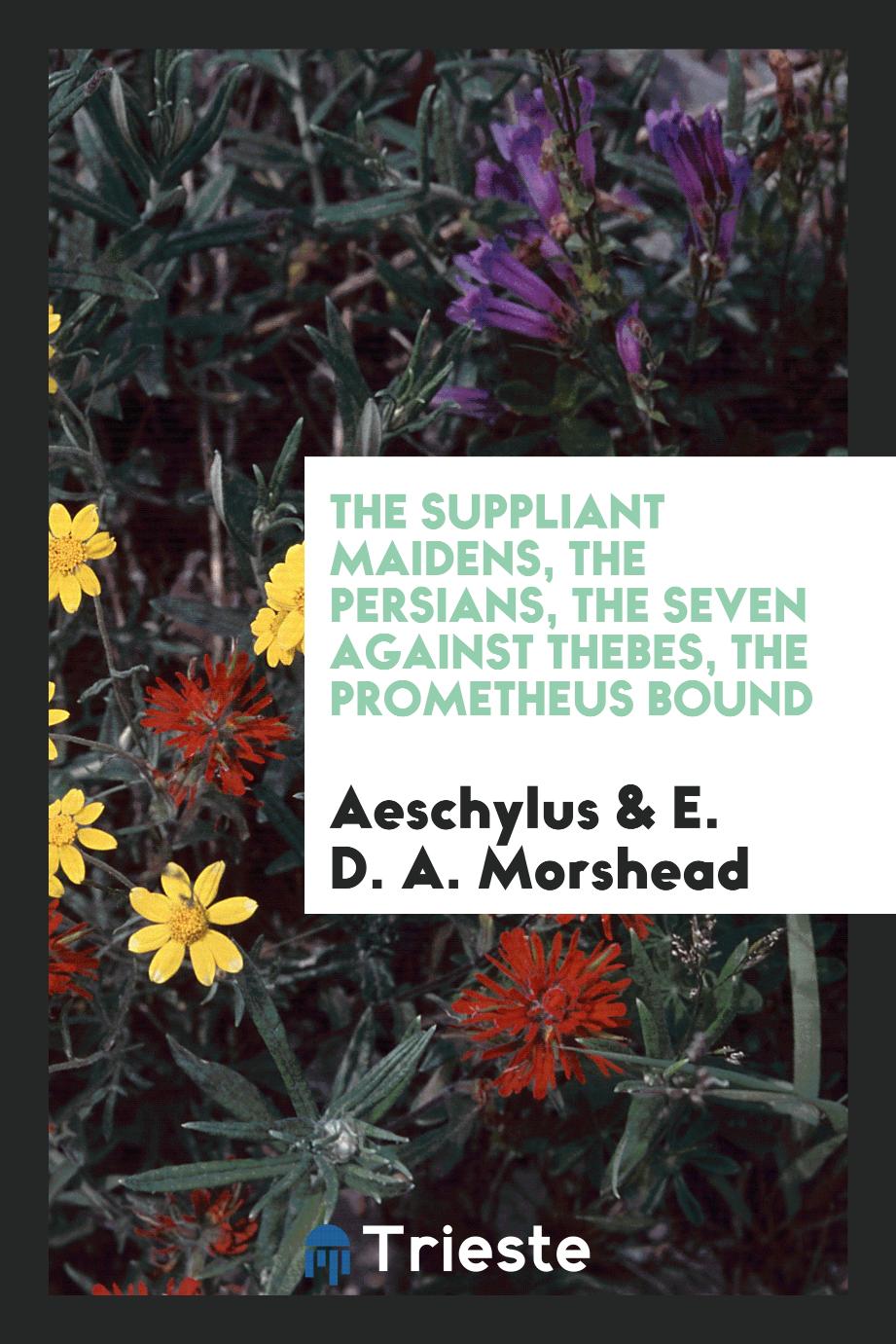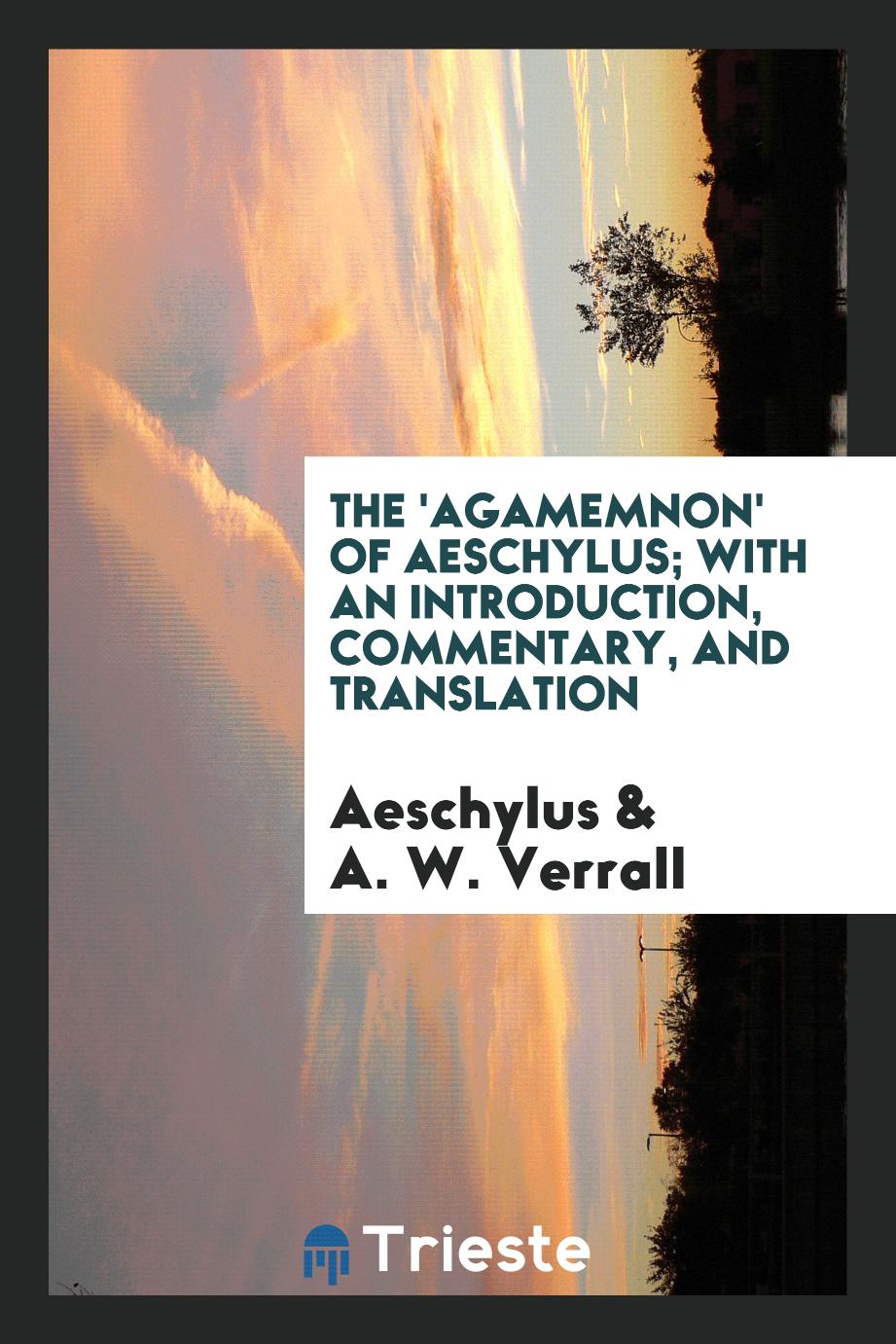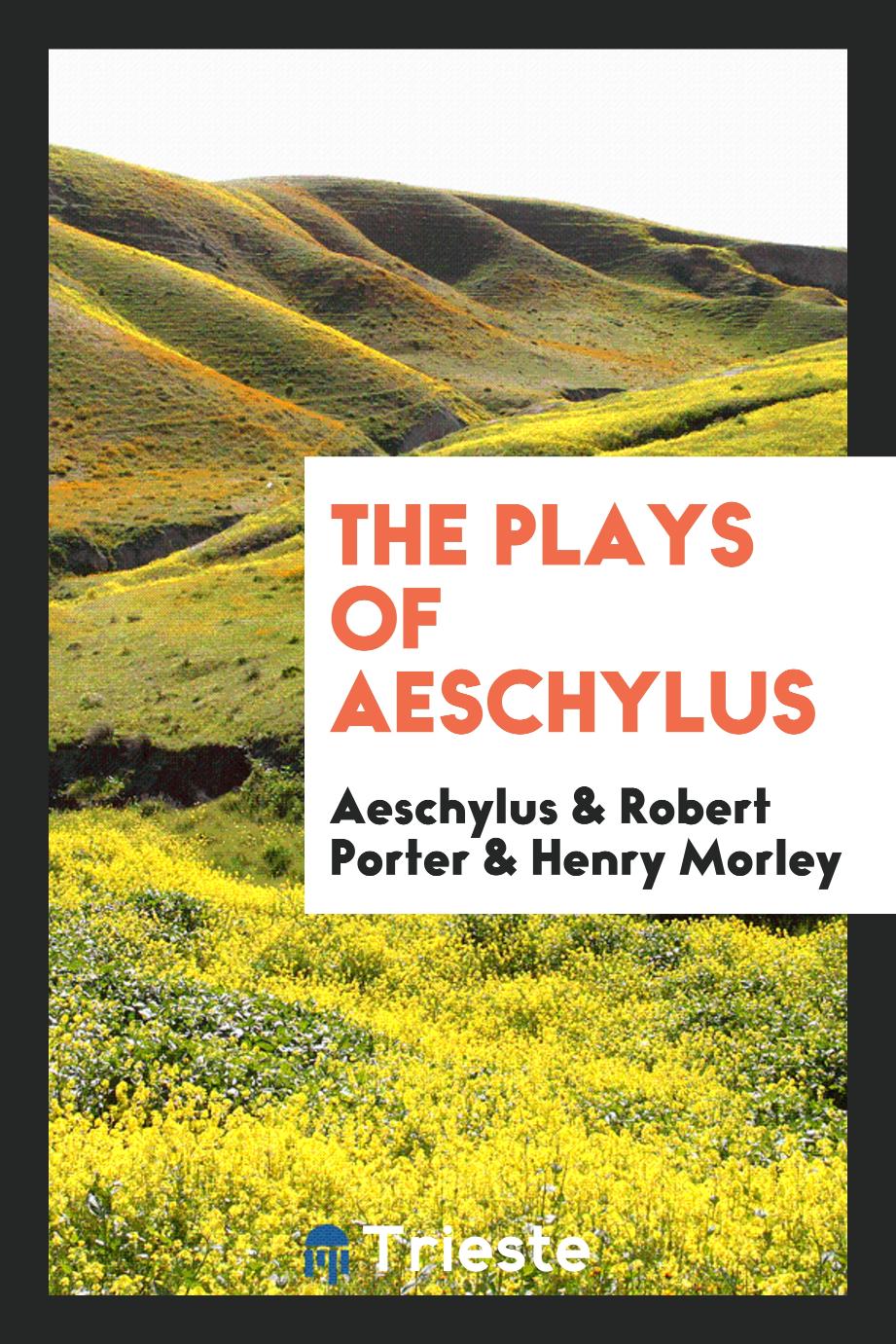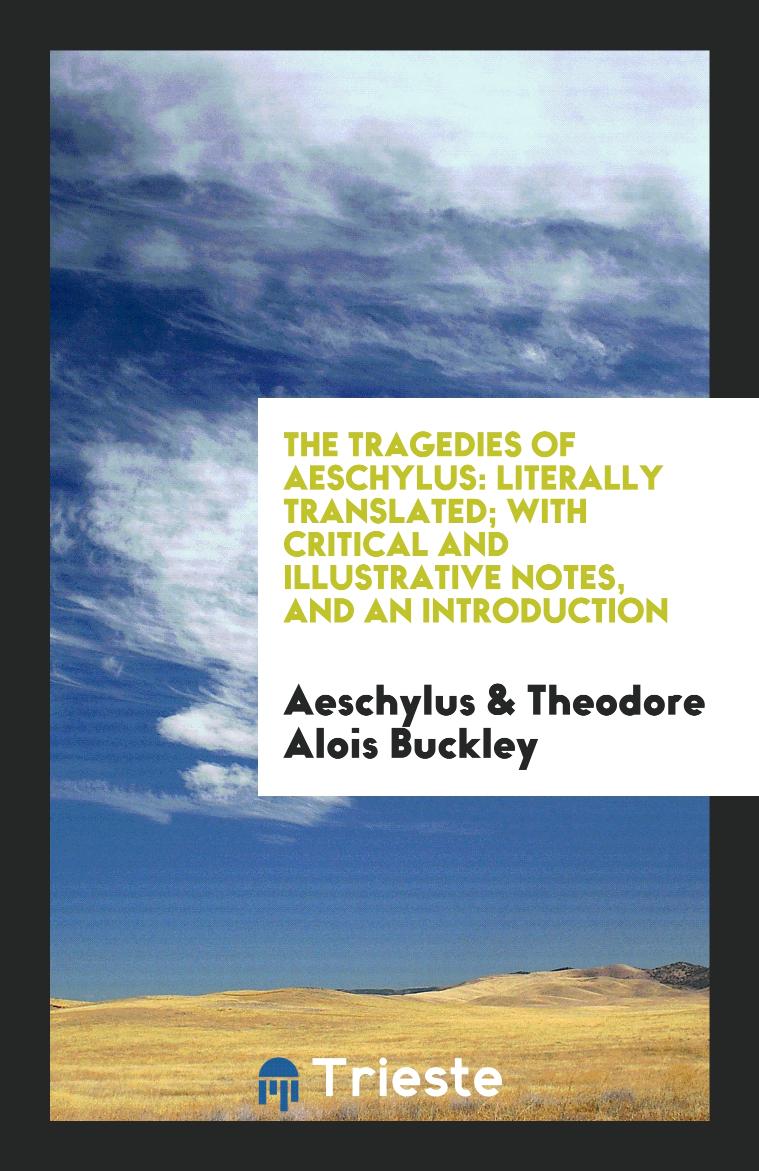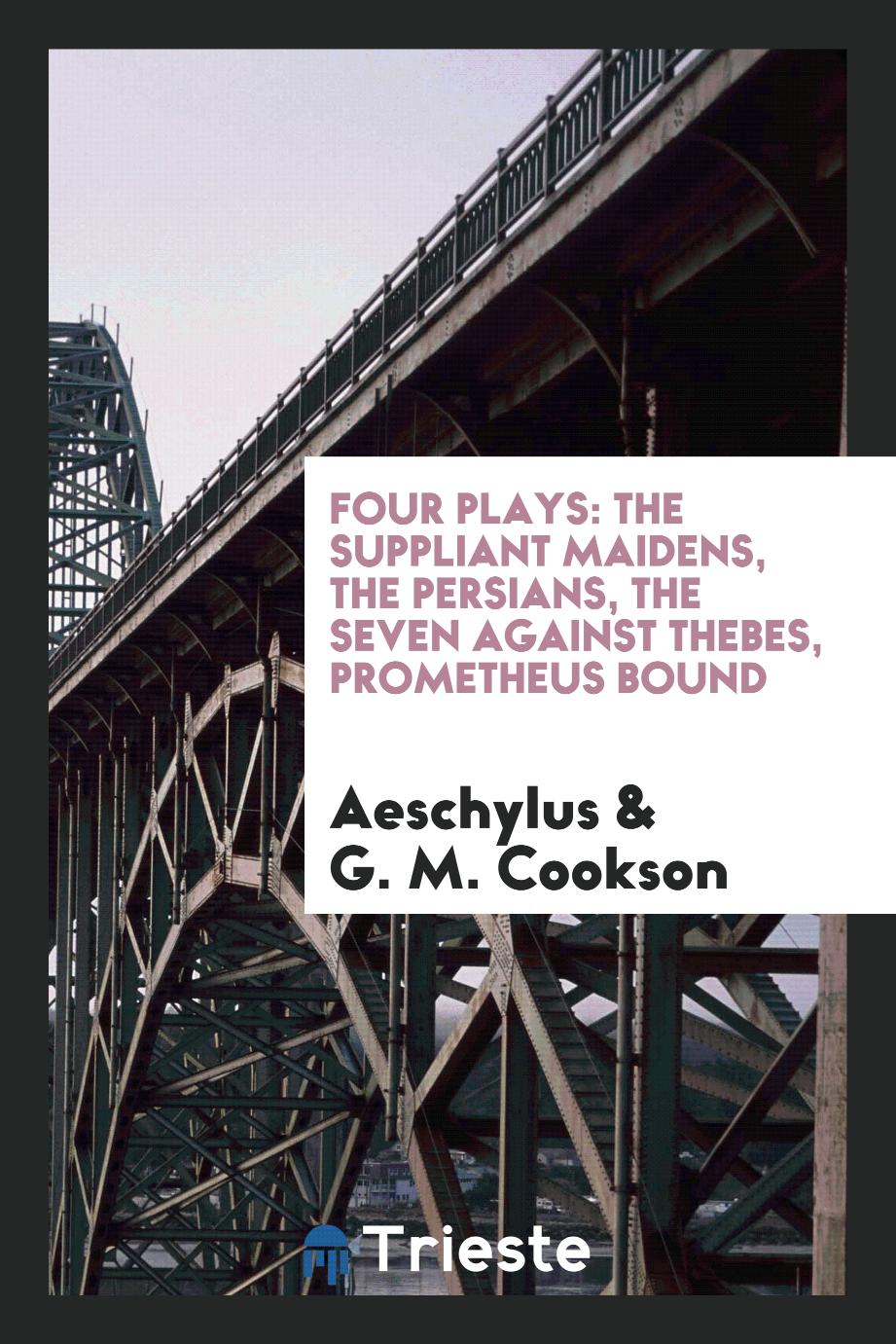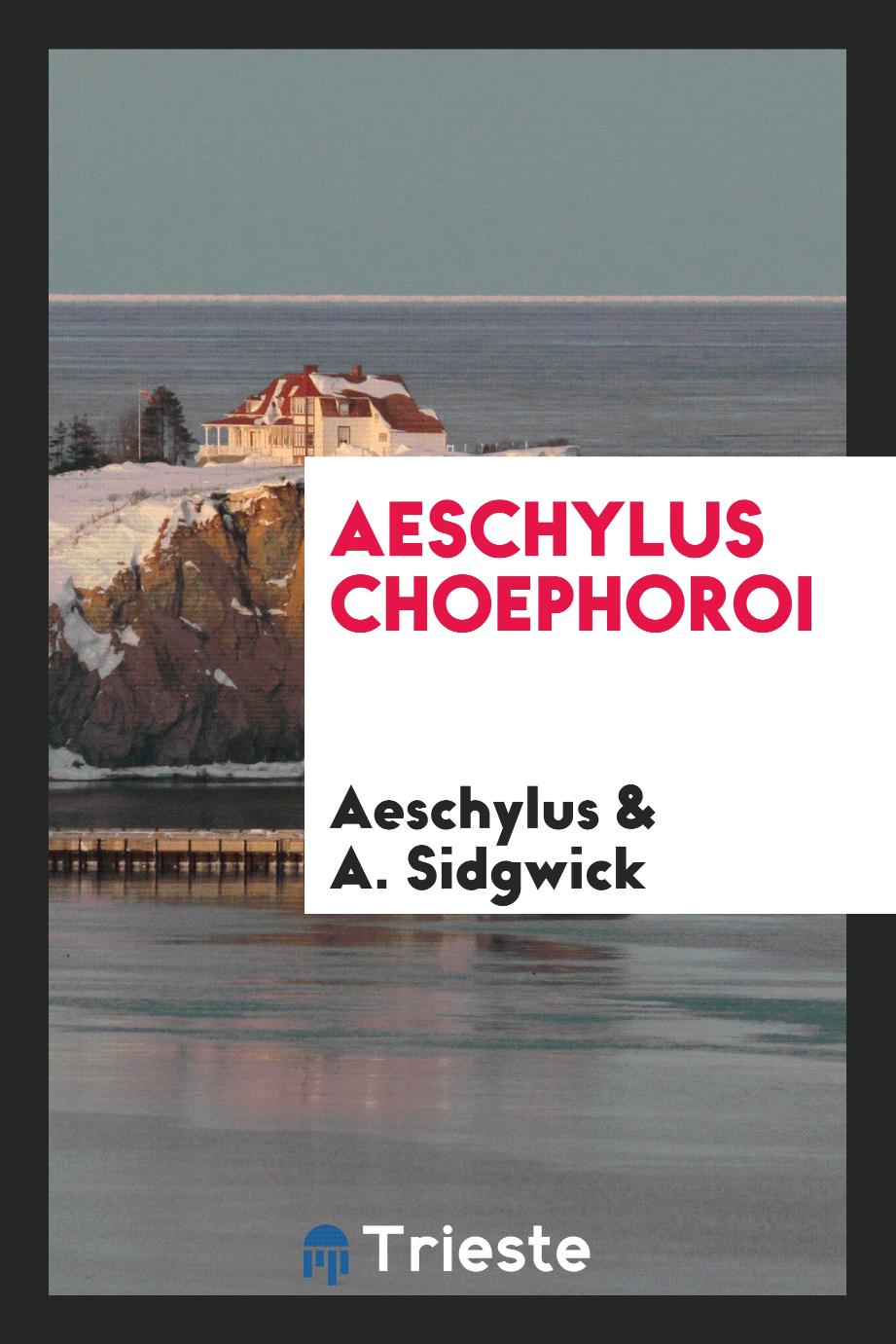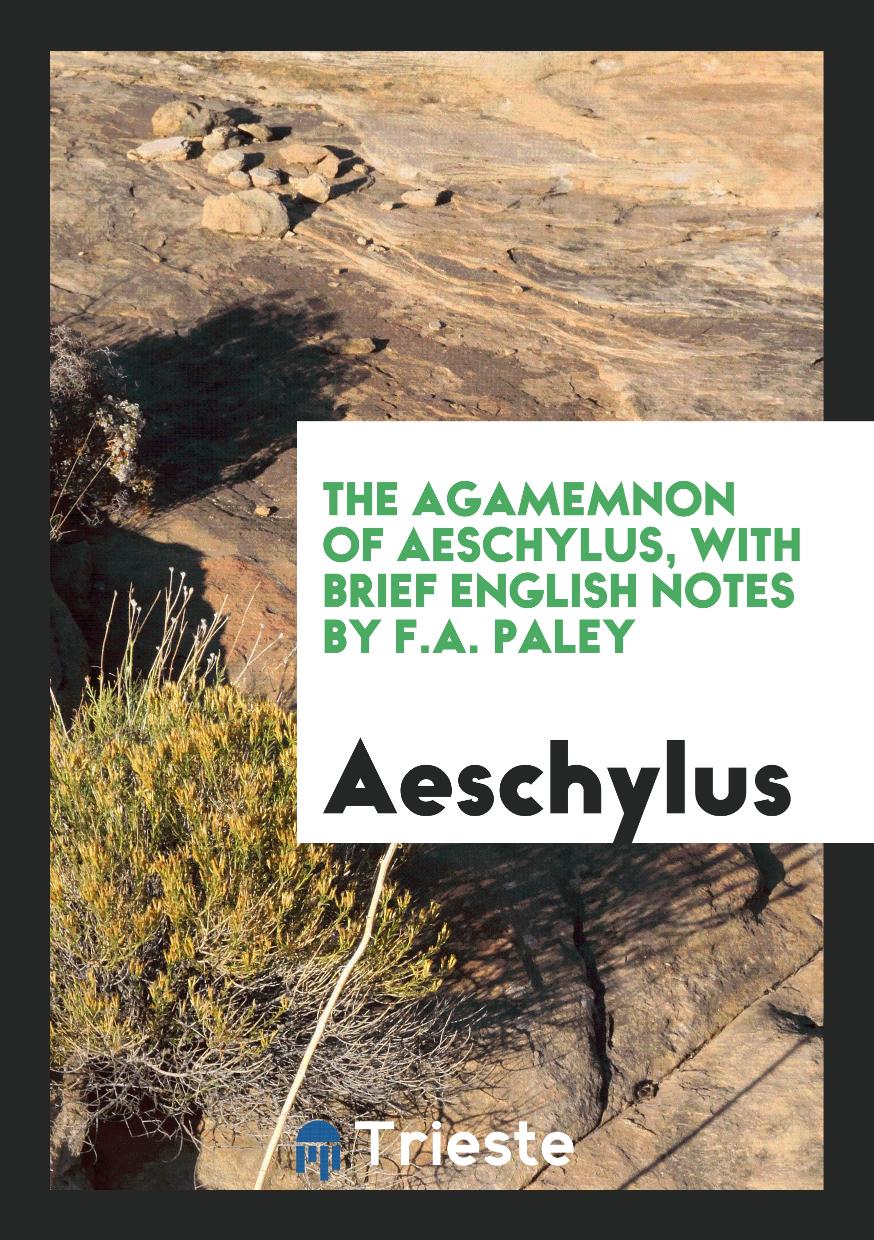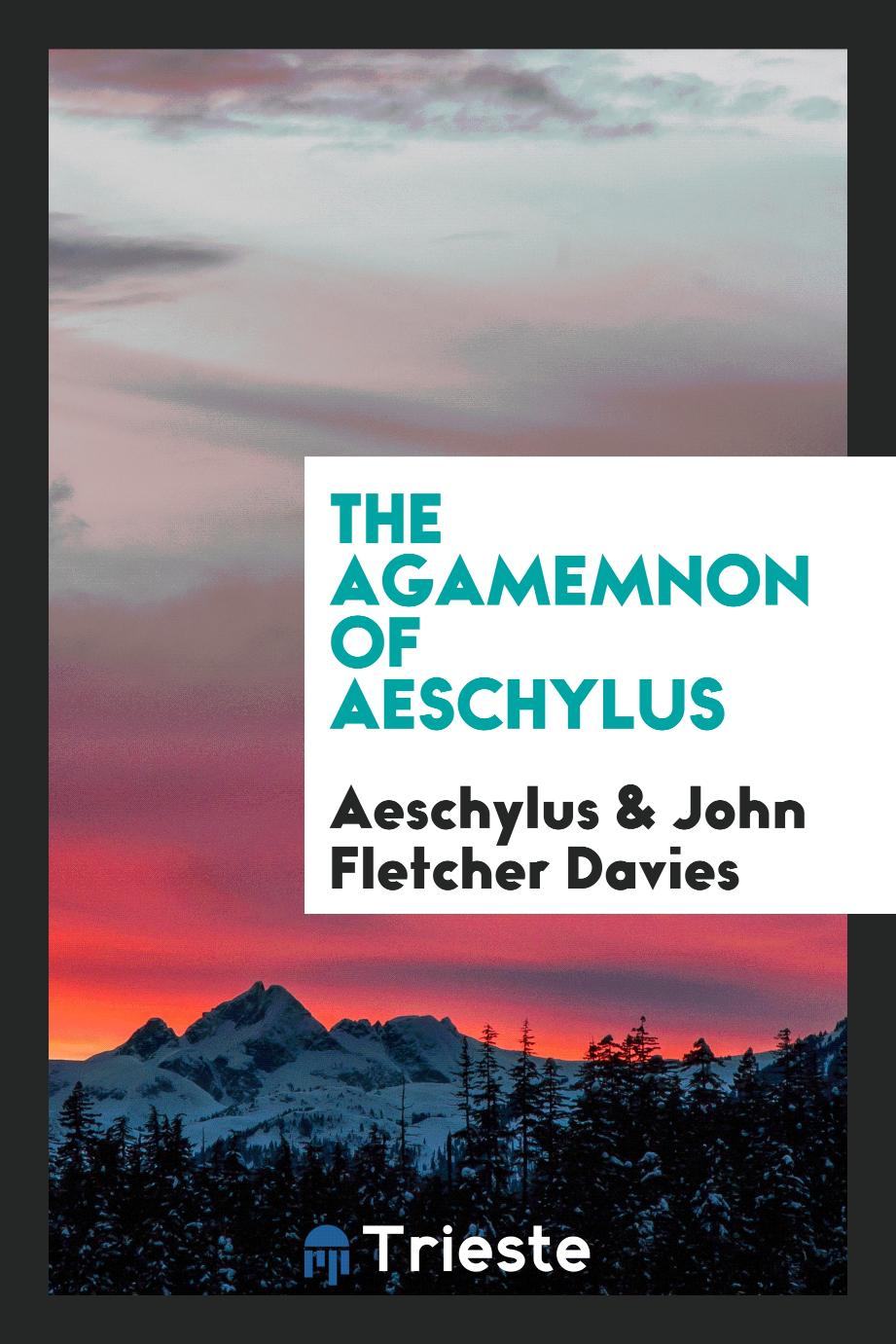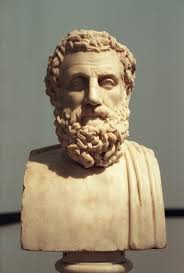
Aeschylus
Aeschylus (c. 525/524 - c. 456/455 ) was an ancient Greek tragedian. He is often described as the father of tragedy. Academics' knowledge of the genre begins with his work, and understanding of earlier tragedies is largely based on inferences from his surviving plays. According to Aristotle, he expanded the number of characters in the theatre and allowed conflict among them; characters previously had interacted only with the chorus. Only seven of his estimated seventy to ninety plays have survived, and there is a long-standing debate regarding his authorship of one of these plays, Prometheus Bound, which some believe his son Euphorion actually wrote. Fragments of some other plays have survived in quotations and more continue to be discovered on Egyptian papyrus, often giving further insights into his work. He was probably the first dramatist to present plays as a trilogy; his Oresteia is the only ancient example of the form to have survived. At least one of his plays was influenced by the Persians' second invasion of Greece (480-479 BC). This work, The Persians, is one of very few classical Greek tragedies concerned with contemporary events and the only one to survive to the present, as well as a useful source of information about its period. The significance of the war against Persia was so great to Aeschylus and the Greeks that Aeschylus' epitaph commemorates his participation in the Greek victory at Marathon while making no mention of his success as a playwright. Despite this, Aeschylus's work - particularly the Oresteia - is generally acclaimed by modern critics and scholars.
